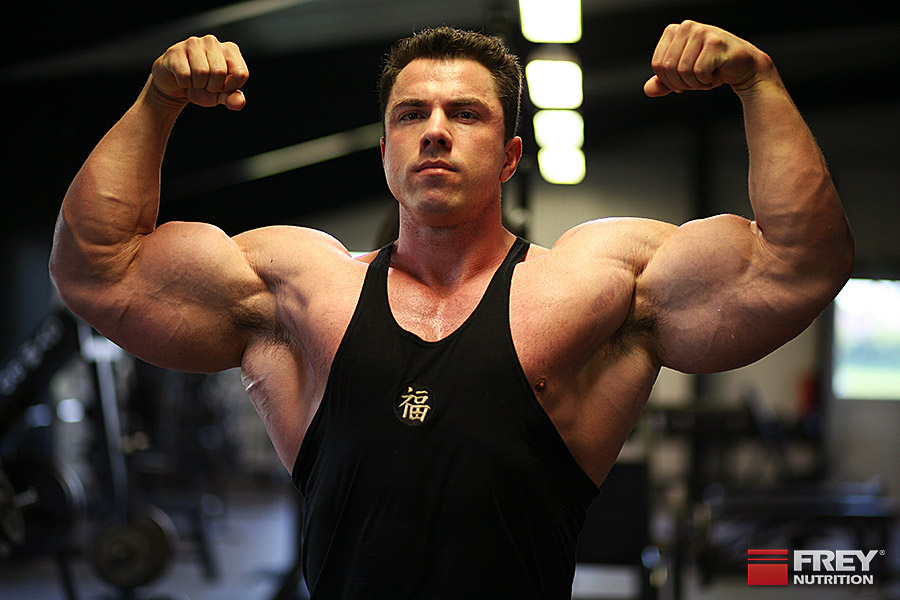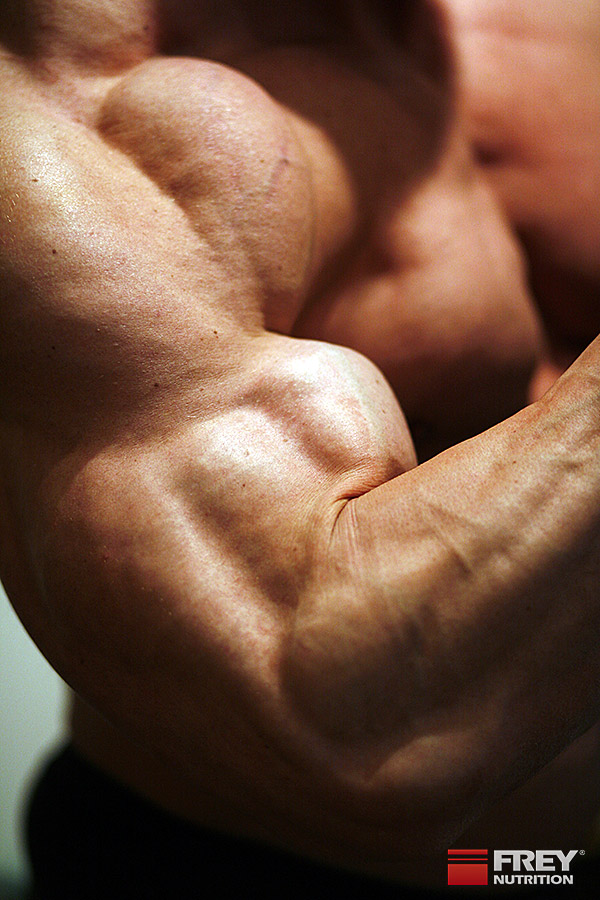ANSWER
!
Your conclusion seems logical at first. But you are neglecting the biological processes that take place in the interaction between nutrition and training, combined with the individual's goals.
you want to eat as many calories as you use up (i.e. need to maintain your weight). In order to gain muscle mass, however, the body needs a surplus of calories (and especially protein). Your assumption that strength training generates the necessary energy from fat reserves unfortunately does not work in practice. Only during very long endurance exercises of four to six hours is the organism able to use almost exclusively fat for energy.
To build muscle, you need at least 500 calories more per day than you need.
However, for daily strength training, not only fat but also carbohydrates and proteins are burned. Only with a sufficient calorie surplus - at least 500 calories above the required level - is it possible for the body to build muscle effectively and in the long term.
The rule is always: first build muscle, then lose fat!
you should decide: If you want to build muscle, you should eat more than you burn. If, on the other hand, your goal is to reduce fat, save calories - especially those from carbohydrates - and consume less each day than your body needs.
I always recommend doing the muscle building phase first and then a diet phase. Why? Because muscle mass is metabolically active mass and burns calories like a heater. More muscle can burn more fat.
Building muscle while losing fat at the same time is - if at all - only possible for people who have just started weight training. This is because the body is in an extraordinary stage of adaptation due to the unusual strain. The body has to overcome this real "shock" caused by resistance training. Since it is untrained and there is a considerable increase in metabolism at the same time, it increasingly relies on body fat in order to be able to cover the increased energy requirements.
However, this adaptation process is not permanent: the human organism adapts to it within a few months - if not weeks - not least due to its "survival mechanism". If this process were to continue indefinitely, at some point there would no longer be any fat reserves for "bad times"...

Send us your question!
SEND US YOUR QUESTION!
Do you have any questions about bodybuilding, nutrition, training or supplements? Then send us your question by email to:
INFO@FREYNUTRITION.DE
This will then be answered personally by Andreas Frey in the form of a column and published here!













